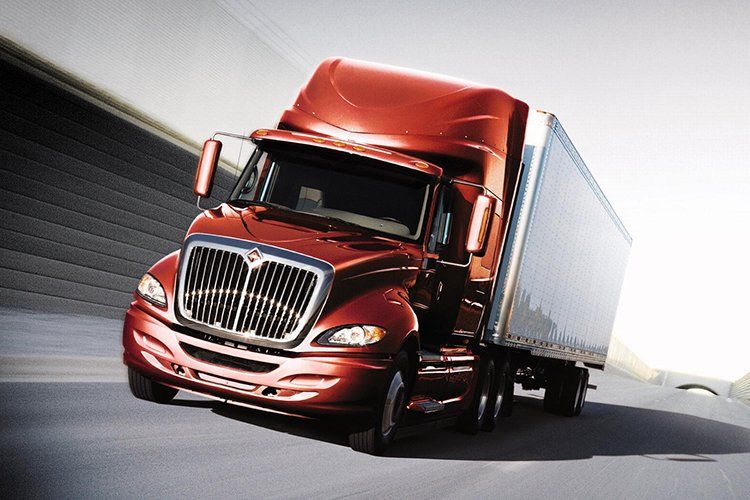Mexico broke a record in attracting FDI in automobile and truck assembly in 2024, according to data from the Ministry of Economy.
Foreign direct investments in this area amounted to 7.552 billion dollars from January to September 2024. This represents an increase of 27.3% over the same period of the previous year.
Among the companies that operate automobile production plants in Mexico, General Motors and Nissan stand out. Also Volkswagen, Stellantis, Audi, Hyundai, BMW, Ford Motor Company, Honda, Giant Motors, Kia, Mazda, Mercedes Benz and Toyota.
FDI in automobile and truck assembly
Both the Mexico-U.S.-Canada Agreement (USMCA) and the North American Free Trade Agreement (NAFTA) have played a key role in establishing a more integrated automotive vehicle market in the USMCA countries.
This is the trend of FDI arrivals in car and truck assembly in Mexico, in millions of dollars:
- 2017: 4,062.
- 2018: 3,480.
- 2019: 4,321.
- 2020: 3,218.
- 2021: 1,651.
- 2022: 3,018.
- 2023: 5,092.
- January-September 2024: 7,552.
Automotive Industry
According to the Motor & Equipment Manufacturers Association (MEMA) in the United States, most light vehicles, produced in Canada or Mexico, are usually exported to the United States. This market structure demonstrates the importance of U.S. demand in the USMCA countries. In addition, the United States is also the largest importer of motor vehicle parts from Mexico, which is the world’s fourth largest producer of motor vehicle parts.
Major heavy-duty vehicle producers in Mexico include International-Navistar, Cummins, Kenworth Mexicana, Volvo, Detroit Diesel Allison, Freightliner-Daimler, Mack Trucks de Mexico, Mercedes-Benz, Dina, Scania, Isuzu Motors, VW, Man Truck & Bus and Hino Motors.
According to MEMA, heavy trucks generally face a 25% duty rate. This applies when the trucks are not eligible for USMCA. As a result, OEM customers are impacted. Suppliers of motor vehicle parts for these trucks often struggle to qualify their parts for USMCA.
MEMA believes that the rules for heavy trucks create additional challenges for suppliers. These suppliers face different regulations compared to other parts suppliers. As a result, they experience extra burdens that were not previously addressed. This situation affects the entire industry.

